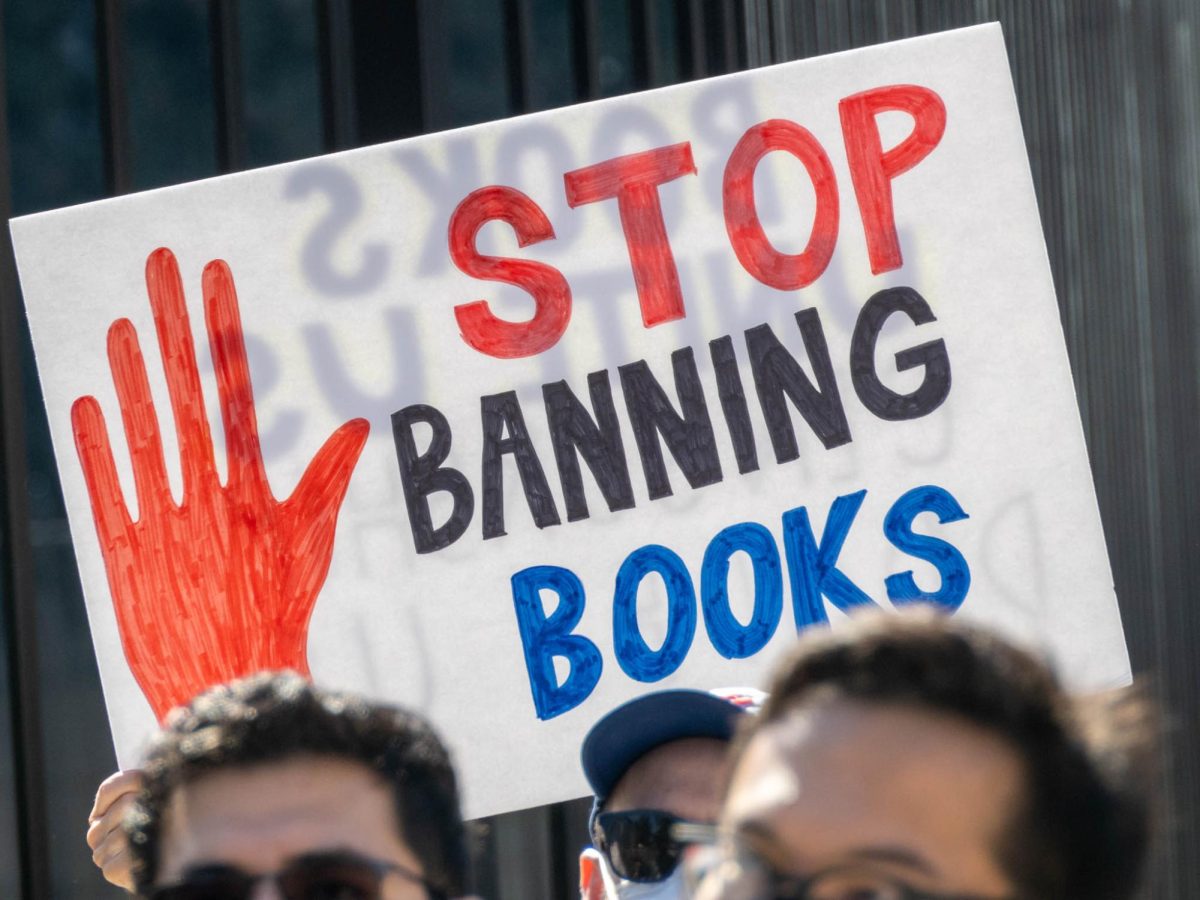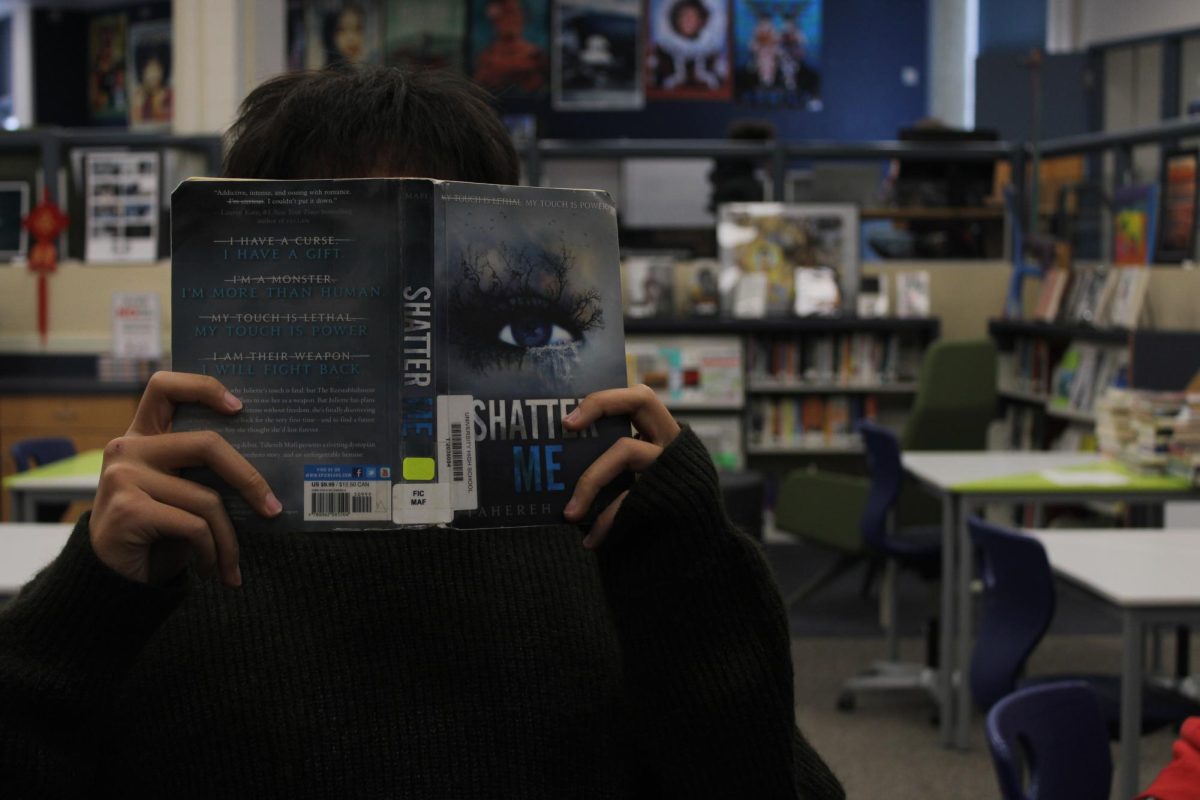
By TEAGAN SO
Staff Writer
“Dear Mark Zuckerberg,” wrote Espen Esgil Hansen, editor-in-chief of Aftenposten, the most circulated newspaper in Norway. “I am upset, disappointed – well, in fact even afraid – of what you are about to do to a mainstay of our democratic society.” Earlier in 2016, Facebook removed a picture of a young, naked girl fleeing napalm bombs during the Vietnam War. Though Facebook quickly restored the image, the act sparked a controversy on the ability of social media sites to censor the information presented to the public, and the limitations such censorship impose on the freedom of expression. “The free and independent media have an important task in bringing information, even including pictures, which sometimes may be unpleasant, and which the ruling elite and maybe even ordinary citizens cannot bear to see or hear, but which might be important precisely for that reason,” Hansen affirmed.
With the expanding presence of social media in our society, the question of whether online speech should be limited has become more pressing. Does the government have the right to regulate content on the internet? Do private tech companies have the right to limit our freedom of speech? It’s a complicated issue, but the inherent value of social media lies in the platform it provides for the freedom of speech and expression.
In 1997, the Supreme Court ruled that the internet was similar to newspaper publications, and was therefore protected by the same standards of freedom of speech. With the growth of the internet came technological and social innovation. However, government regulations of free speech online can harm this innovation. “As I see it, social media has always stood for freedom despite government. Regulating it would negate the whole point of the very creation and rise of social media.” says Anna Zeng (Sr.).
Censoring opinions online also stops them from exploring multiple perspectives to an argument. For example, according to US Today, people with mental health illnesses and members of the LGBTQ community reported feeling more comfortable sharing their experiences online than in person. If their opinions were censored, thousands of users would lose the opportunity to educate their online audience, which is especially harmful if that audience had prejudices against these minority groups.
With the advent of fake news, many people argue that online censorship is necessary to protect American society from foreign Internet-based provocateurs. In December 2016, Pew Research Center reported that 64% of all American adults were unsure about the truthfulness of the facts they found online, a worrisome statistic considering that 62% of Americans receive their news from social media sites. However, having the private social media companies monitor the publication of fake news may actually have detrimental effects. Fake news is defined as news stories that are intentionally published to deceive others. However, determining which articles are real or fake is completely subjective. Because of their extremely biased views, hyper-partisan news sites can often be mistaken for fake news. In addition, satirical mediums and tabloid articles, such as The Onion and The National Enquirer, may also be confused as fake news due to their sensationalized approach to delivering news. If fake news were to be censored and removed by social media companies, the freedom of press granted by the First Amendment would be violated, and as such, publication sites would be forced to depend solely on subjective interpretations of their publications and could ultimately lose the ability to reach their audiences.
News isn’t the only thing potentially affected by private companies’ censorship. Artists also use social media to share their art online. Sites such as Twitter and Instagram often publicize artists’ work and serve a crucial role in building artists’ reputations. Currently, social media sites enforce strict rules prohibiting nude pictures on social media. According to the LA Times, Facebook banned artist Illma Gore after she posted a painting of a nude Donald Trump. “That was the saddest part for me — that the communities we have created are quite censored as well,” Gore said. Gore later regained access to her account and her image was re-uploaded. In addition, social media sites often rely on users to report inappropriate content, causing the censorship of art to be inconsistent and almost completely subjective. Jessica Lin (Jr.) uses Facebook to upload and publicize her artwork. “I don’t think that we should be censoring artists unless their art has a direct hateful impact on the people that it’s directed towards,” Lin said. “But aside from that, censorship of someone’s opinion and their work is unconstitutional because art is supposed to be a medium of expression and to get rid of that is getting rid of a whole subculture of people.”
“I have written this letter to you because I am worried that the world’s most important medium is limiting freedom instead of trying to extend it, and that this occasionally happens in an authoritarian way,” Hansen states as he closes his letter to Zuckerberg. Without careful consideration, regulations on social media could quickly lead to a society without a voice with which to express themselves. As our society moves towards the future, the critical need for a forum to freely express ourselves and our opinions is emerging. The voices of the many should not be silenced by the few, and especially not with just a click of a button.













